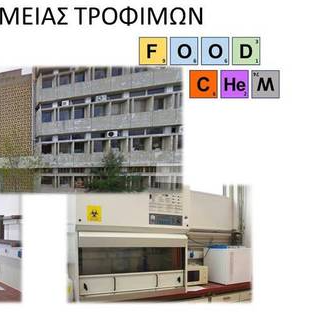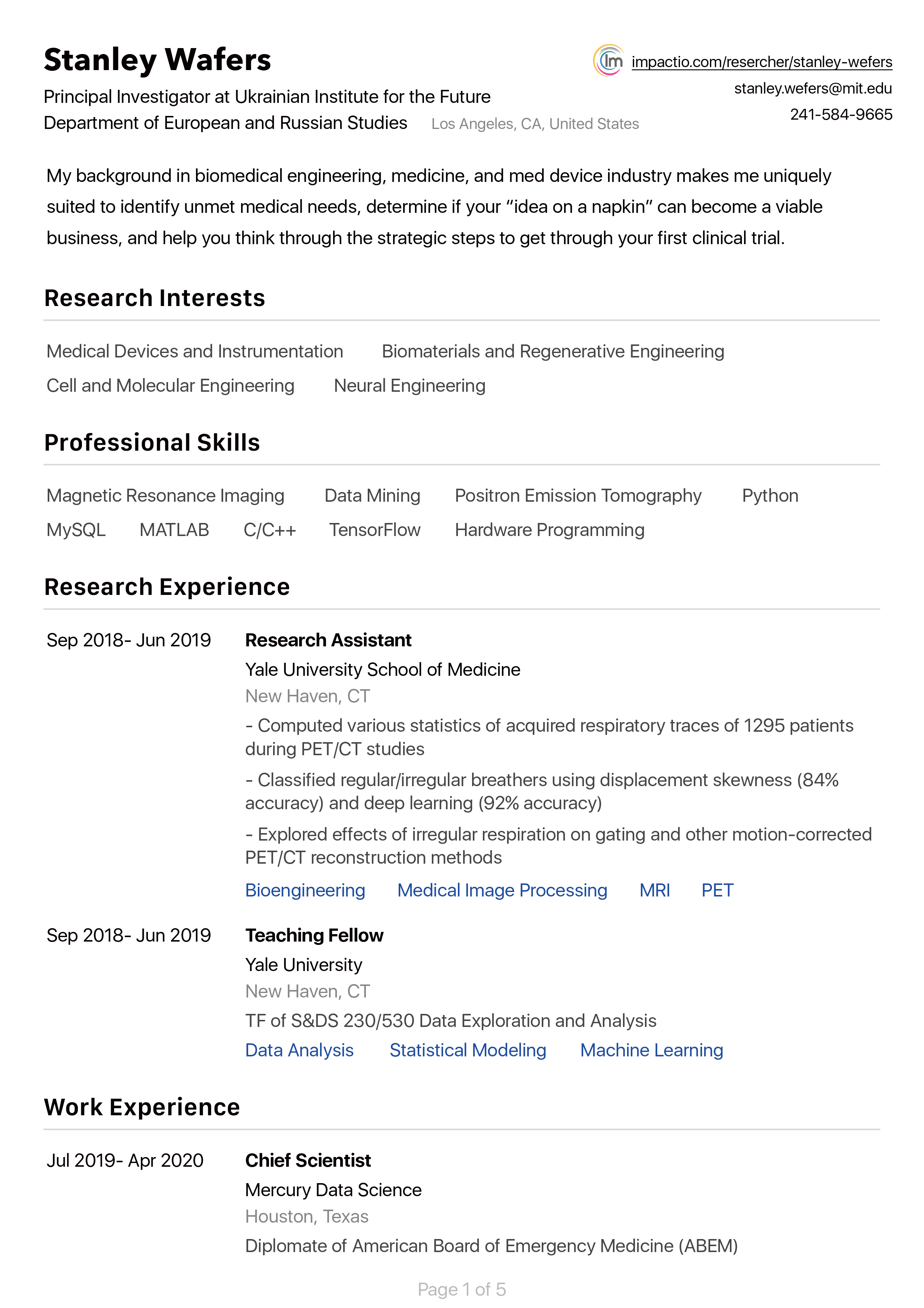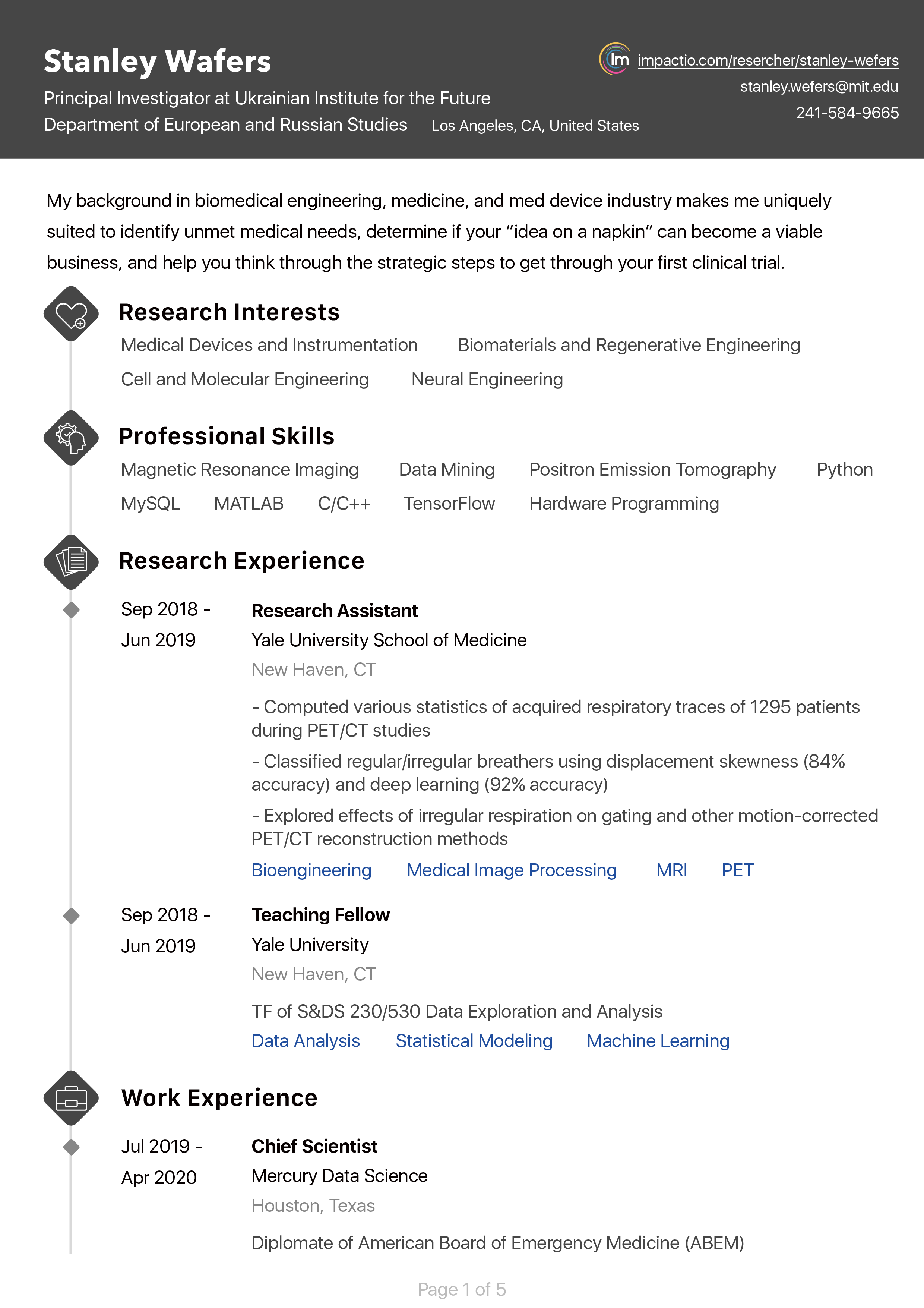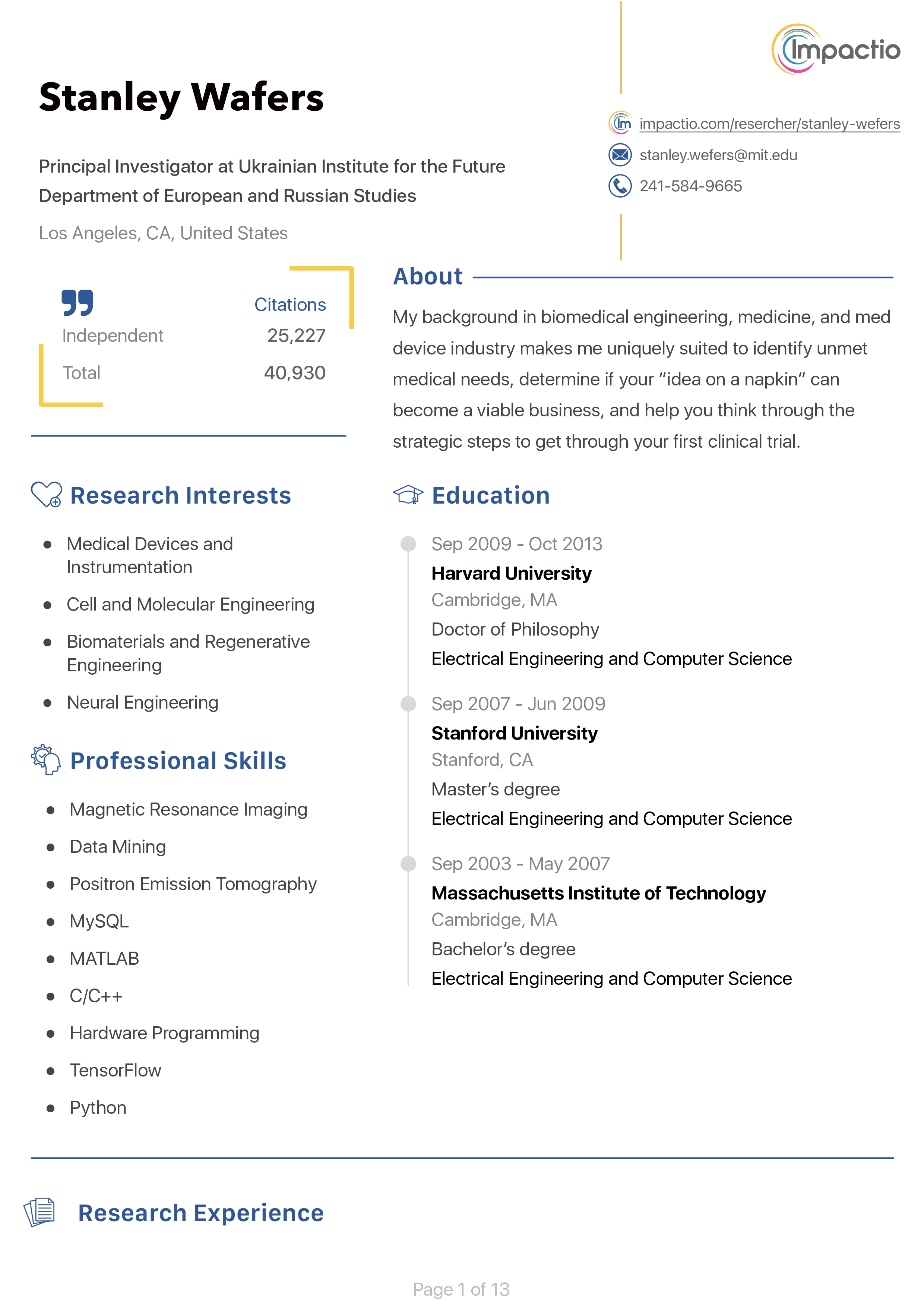About
Charalampos Proestos has a BSc Chemistry, MSc Food Science (Reading, UK) Ph.D. in Food Chemistry, postdoc at Wageningen University (The Netherlands). Currently he is Associate Professor at the Department of Chemistry, at the National and Kapodistrian University of Athens, Greece. He has published more than 100 papers in reputed journals and has been serving as an editorial board member of more than 10 repute journals. He worked for 3 years at Hellenic Food Authority (EFET).
Natural Product Chemistry
Liquid Chromatography
Phytochemicals
Extraction
Antioxidants
Chromatography
Antioxidant Activity
Bioactivity
Food Chemistry
High-Performance Liquid Chromatography

Wageningen University & Research
Jun 2006 - Jul 2006
Soil and Water analysis

Agricultural University of Athens
Oct 2001 - Dec 2005
Chemistry

University of Reading
Sep 2000 - Sep 2001
Science
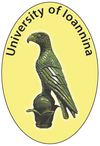
University of Ioannina
Sep 1995 - Jul 2000
Chemistry
[Applied Sciences] Special Issue: Antioxidants in Natural Products II
Dear Colleagues,
The importance of consuming antioxidants in food, beverages, and so on has increased enormously during the last decade. The food and beverage industry is demanding antioxidants from natural sources to replace synthetic antioxidants because of the negative health consequences and beliefs regarding some of the synthetic ones. Natural antioxidants, such as polyphenols, carotenoids, and vitamin C, exhibit a plethora of biological effects, including anti-inflammatory, anti-aging, anti-atherosclerosis, and anticancer effects. Much scientific research has been devoted to the evaluation of the antioxidant activity of natural products, such as olive oil, fruits, and vegetables, as well as to the extraction, isolation, and characterization of antioxidant compounds from medicinal plants, spices, and marine sources. Much research has also been devoted to the recovery of antioxidants from olive mill waste, winery waste, and other wastes as well as their use for the authentication (e.g., geographical origin, organic–non organic) of foods and natural products by means of chemometrics.
The aim of this Special Issue, entitled “Antioxidants in Natural Products II”, is to collect all of the available scientific research on the discovery of new antioxidants from all kinds of foods, beverages, and natural products, as well as their uses for human benefit, and to critically present the available and emerging analytical methods for the measurement of the antioxidant activity and other quality parameters of natural products.
Prof. Dr. Antony C. Calokerinos
Prof. Dr. Mustafa Bener
Prof. Dr. Charalampos Proestos
Prof. Dr. Petros Tarantilis
Guest Editors
Link: https://www.mdpi.com/journal/applsci/special_issues/Antioxidants_Natural_Products_II
Edible insects and functional foods
The main tasks are the dissemination of knowledge, the change of the process for obtaining edible insects, the development of the edible insect food industry, the expansion of the composition of already used insects, and the future conduct of research on risks to human health.
Active Food Packaging Nanocomposite Films
Over the years, there has been an effort to extend food shelf life so as to reduce global food waste. The use of natural biodegradable materials in production procedures is more and more adopted nowadays in order to achieve cyclic economy targets and improve environmental and human health indexes. Active packaging is the latest trend for food preservation. and this is the goal of the project
Foodomics and food authentication
Foodomics techniques provide appropriate technical solutions for a variety of food science applications, finding application in different areas: food authentication and profiling, food quality and safety, food processing and digestion, identification of bioactive compounds, nutrition, and human health.
Routine food analysis techniques
To assist food industry and food analytical laboratories to perform routine food analysis
Hellenic Research & Innovation Centre
The Hellenic Research & Innovation Centre (HRIC) is a state-of-the-art Institute of Food Safety that offers high quality chemical, microbiological and consultation services to the food industry.
For more information Visit our website: www.hric.gr
Antimicrobials
Gamma Irradiation
Effect of heavy metals (Cr & Ni) on the secondary metabolism of potatoes and carrots
herbal infusions and decoctions investigation
Nutraceuticals
Extraction of bioactive compounds
Migration of metals and metalloids from tin cans
Determination of metal migration in cans
Antioxidants in foods of plant origin
Isolation of antioxidants by high energy techniques and characterisation of their structure by HPLC/DAD, LC/MS/MS and NMR. Determination of their antioxidant capacity and antimicrobial activity. Encapsulation of compounds in food matrices for new product development.
trans fatty acid determination in foods; metabolomics in milk and alcoholic beverages
determine trans fatty acids in foods of different origin by GC-MS
Realted Researchers

